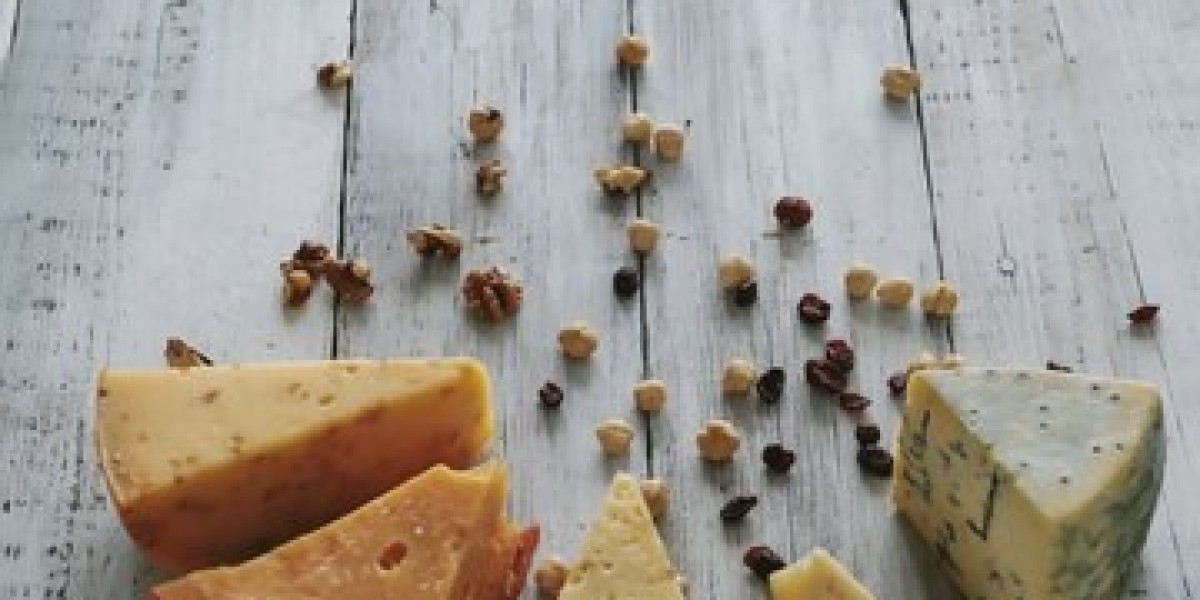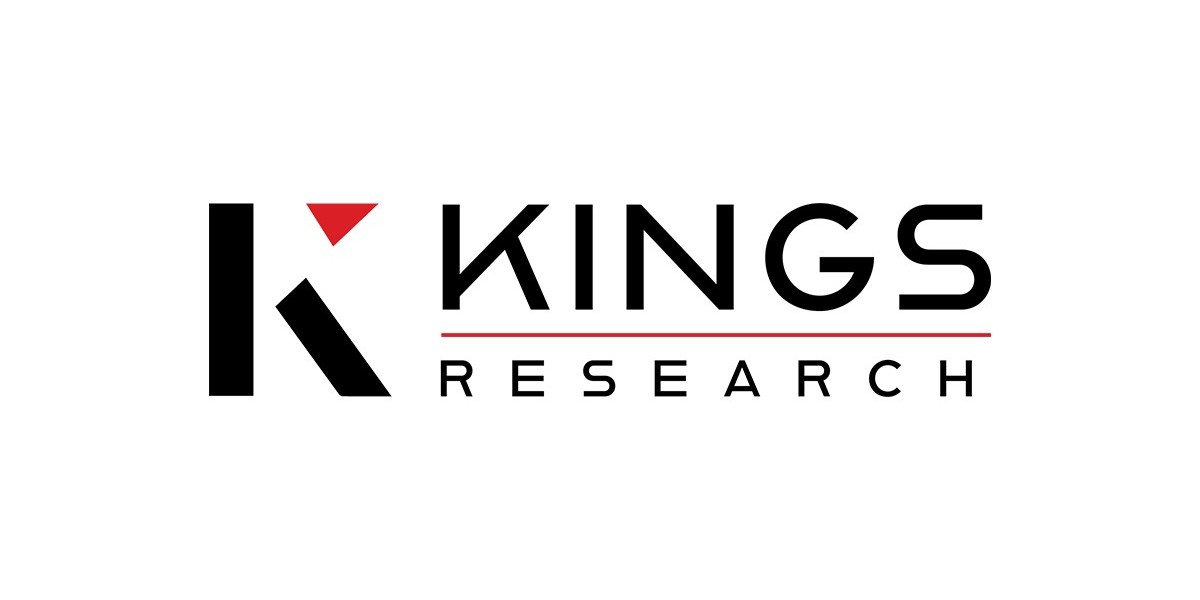The cheese alternatives market is rapidly expanding as consumer preferences shift towards healthier, more sustainable, and ethical food choices. Plant-based cheese alternatives are not only making waves in vegan and vegetarian communities but are also gaining traction among flexitarians and health-conscious consumers. These alternatives are finding applications across various food sectors, and their versatility is driving the growth of the market. Here are some of the key applications of cheese alternatives:
Pizza and Italian Dishes
One of the largest and most popular applications for cheese alternatives is in pizza and other Italian dishes like lasagna, pasta bakes, and calzones. As pizza consumption continues to rise globally, the demand for dairy-free cheese options has grown significantly. Plant-based cheese alternatives are used to replicate traditional mozzarella, which is a key ingredient in pizza. These alternatives offer similar meltability and stretch, making them ideal for pizza toppings and baked dishes. The ability to create vegan versions of popular comfort foods like pizza is one of the major driving factors in the rise of cheese alternatives in mainstream food service and retail.Sandwiches and Grilled Cheese
Sandwiches, particularly grilled cheese sandwiches, are another key area where cheese alternatives are being widely used. Plant-based cheeses are designed to mimic the taste, texture, and meltability of traditional dairy cheeses like cheddar and American cheese. These products are increasingly being used to cater to the growing number of consumers who avoid dairy due to lactose intolerance, ethical concerns, or dietary preferences. With plant-based cheese that melts, stretches, and holds up well in hot sandwiches, these alternatives are being widely adopted in restaurants, foodservice chains, and home cooking.Cheese-Based Sauces and Dips
Cheese alternatives are also being used to create dairy-free versions of cheese-based sauces and dips. These include popular products like nacho cheese, creamy Alfredo sauce, and cheese dips often served with chips or crackers. The versatility of plant-based cheeses allows for the development of sauces that closely replicate the richness and flavor of traditional dairy-based counterparts. This application has gained significant attention in both home kitchens and foodservice establishments, where consumers are increasingly looking for plant-based alternatives to their favorite cheesy sauces and dips.Cheese Snacks and Processed Products
Cheese alternatives are also being used in the production of cheese-flavored snacks like cheese crisps, crackers, and snack bars. These products appeal to both plant-based eaters and those looking to reduce their dairy intake. The convenience and portability of these snacks, combined with the growing trend of healthy snacking, have made cheese alternative snacks an important segment within the market. Innovations in cheese-flavored snacks have resulted in products that offer similar taste experiences without the use of animal-derived ingredients.Vegan Cheese Platters and Charcuterie
Vegan cheese platters and charcuterie boards are becoming increasingly popular as part of the growing plant-based food trend. Cheese alternatives made from nuts, seeds, and plant-based milks are often used to create a variety of artisanal vegan cheeses that mimic the flavors and textures of traditional aged cheeses like brie, camembert, and gouda. These vegan cheese boards offer a cruelty-free option for individuals who want to enjoy a traditional cheese experience without the use of dairy. They are commonly featured in restaurants, catered events, and as part of special vegan or plant-based gatherings.Baking and Cooking Ingredients
In addition to direct consumption, plant-based cheese alternatives are also being used as ingredients in baking and cooking. For instance, vegan cheeses can be incorporated into bread dough, muffins, and savory pastries to impart a cheesy flavor without the dairy. These applications are particularly relevant in bakeries and foodservice sectors catering to plant-based diets. As plant-based options continue to rise in popularity, many food producers are exploring innovative ways to incorporate vegan cheese into various recipes and products.Plant-Based Cheese Spreads
Plant-based cheese spreads are another growing application in the cheese alternatives market. These spreads can be used in sandwiches, as dips, or as toppings for crackers and vegetables. With a wide range of flavors available, including garlic, herb, and spicy varieties, vegan cheese spreads are growing in popularity. They provide a convenient way for consumers to enjoy the texture and taste of cheese without any dairy ingredients, offering both a flavorful and healthy option.Ice Cream and Desserts
Although less conventional, cheese alternatives are even finding their way into the dessert and frozen treat market. Some innovative brands are using plant-based cheese to create unique desserts like cheesecake and ice cream. By using plant-based cream cheese or cashew-based cheese as a base, these products offer a dairy-free alternative to classic treats, making them accessible to individuals following vegan or dairy-free diets.Plant-Based Meal Kits
The increasing popularity of plant-based meal kits, which provide pre-portioned ingredients for cooking meals at home, is another application for cheese alternatives. Many companies now offer meal kits that feature vegan cheese alternatives, allowing consumers to create delicious and convenient plant-based meals with ease. These kits are part of the broader trend of health-conscious eating, as they offer a practical and tasty solution for people who want to enjoy plant-based meals without the hassle of meal planning and preparation.Restaurant Menus and Fast Food Chains
The restaurant industry is increasingly incorporating cheese alternatives into their menus, especially in fast food chains and casual dining establishments. Vegan and dairy-free cheese options are becoming standard offerings on many restaurant menus, from pizzas to burgers, catering to the growing number of consumers seeking plant-based alternatives. Fast food chains like Domino’s, Subway, and McDonald's have introduced vegan cheese options to meet the demand for dairy-free offerings, and this trend is likely to continue as consumer preferences evolve.
In conclusion, the applications of cheese alternatives are vast and expanding across a variety of sectors. From pizza and sandwiches to snacks, sauces, and desserts, plant-based cheeses are being used in an array of culinary applications, helping to drive the growth of the cheese alternatives market. As consumer demand for dairy-free options continues to rise, these innovative applications will play a significant role in shaping the future of the market.



